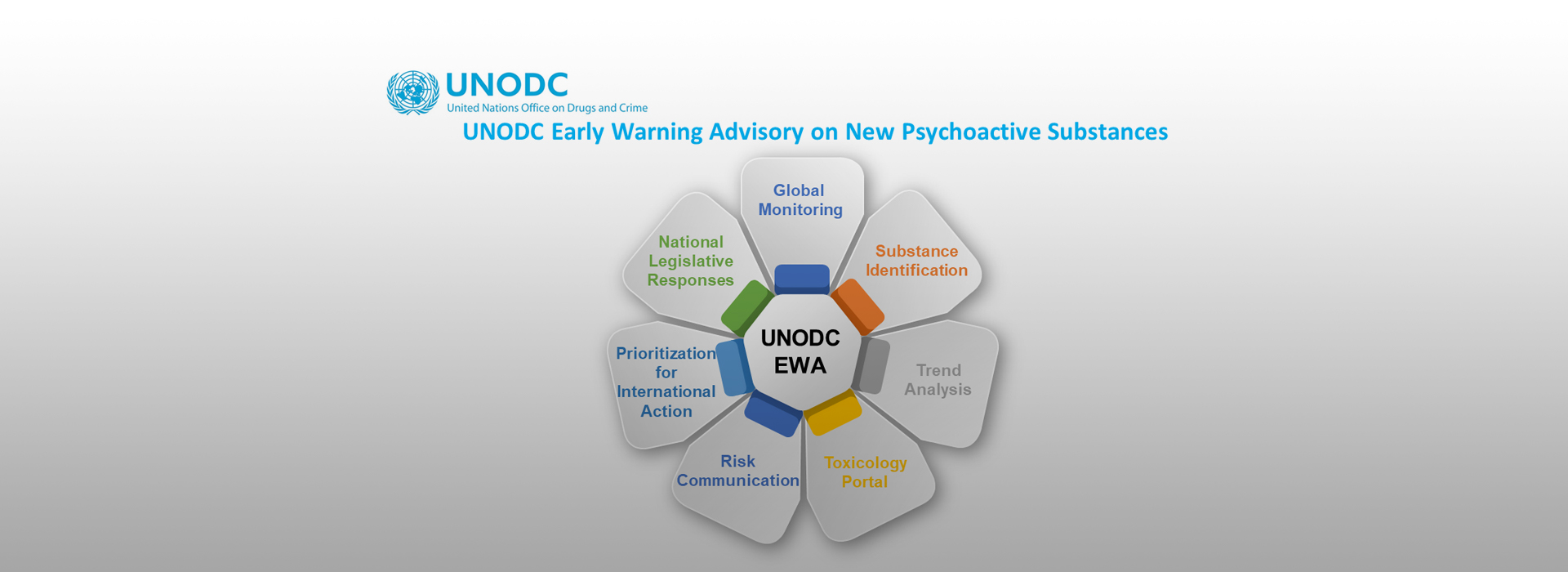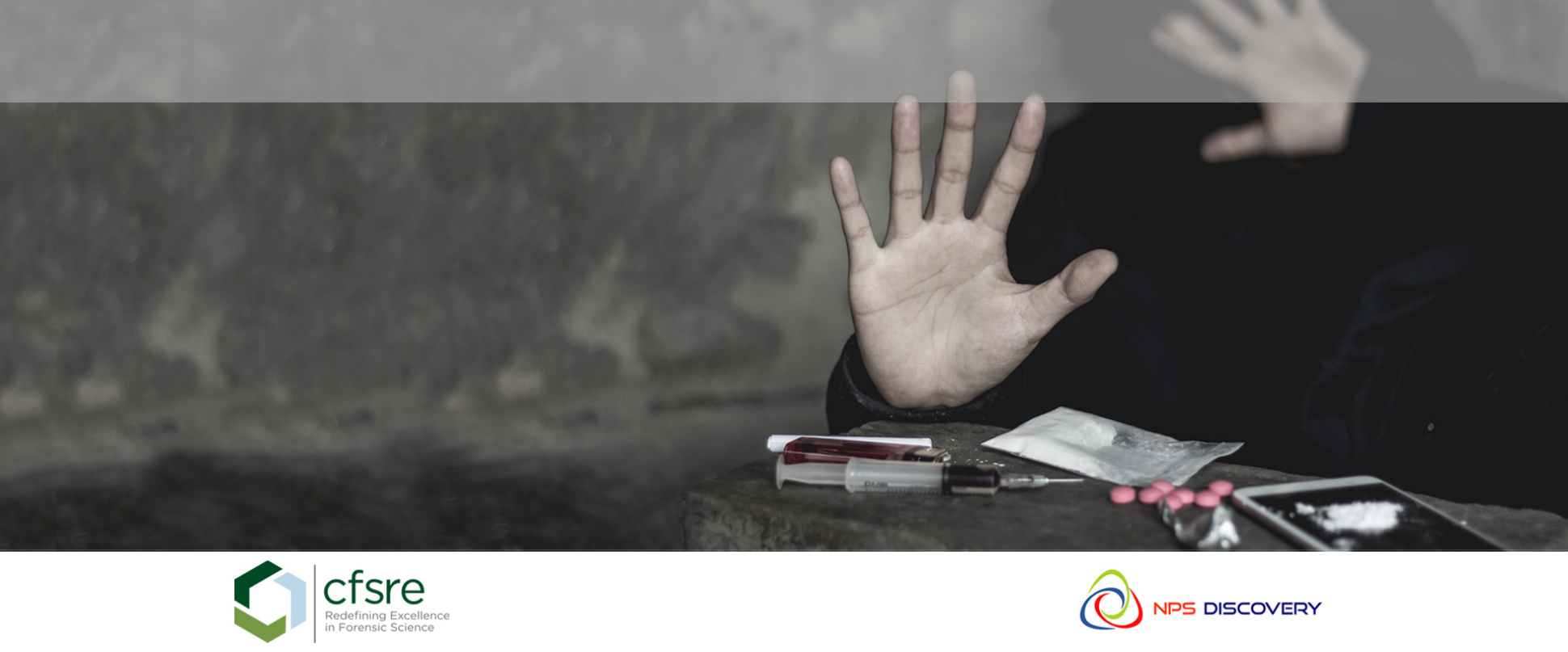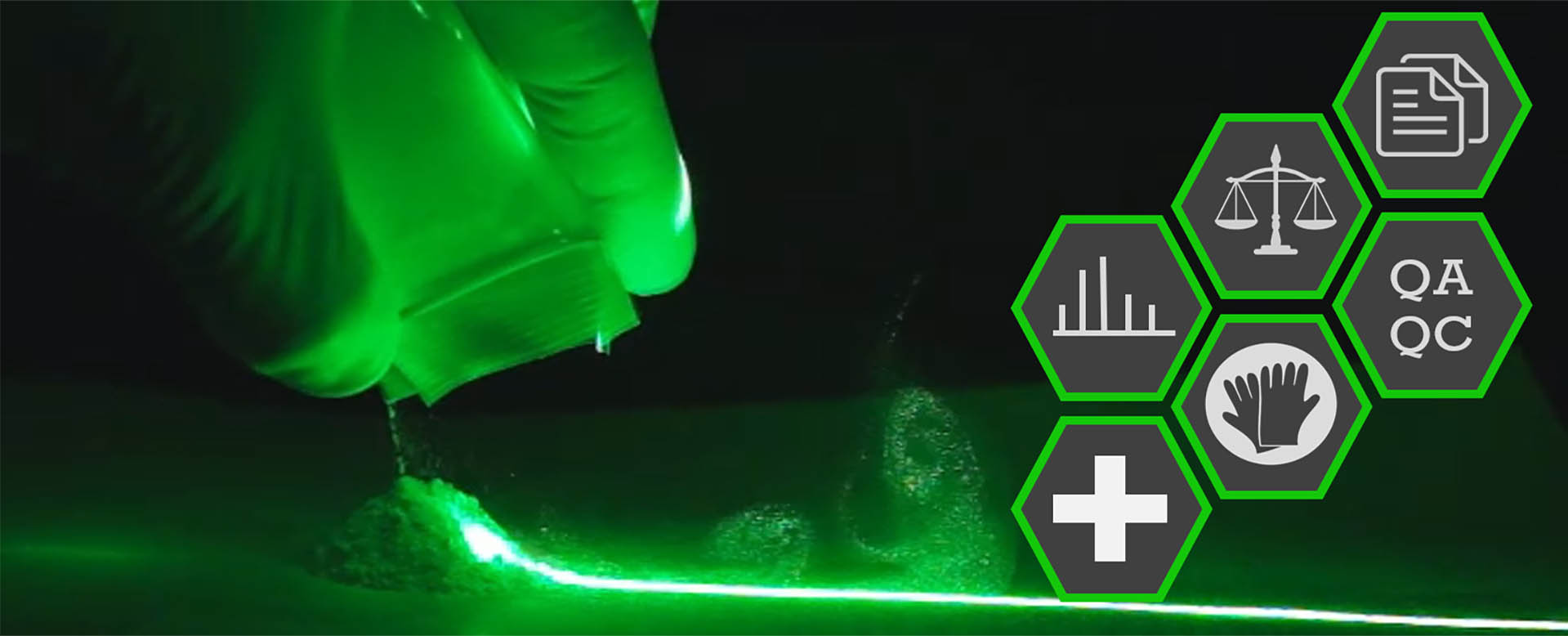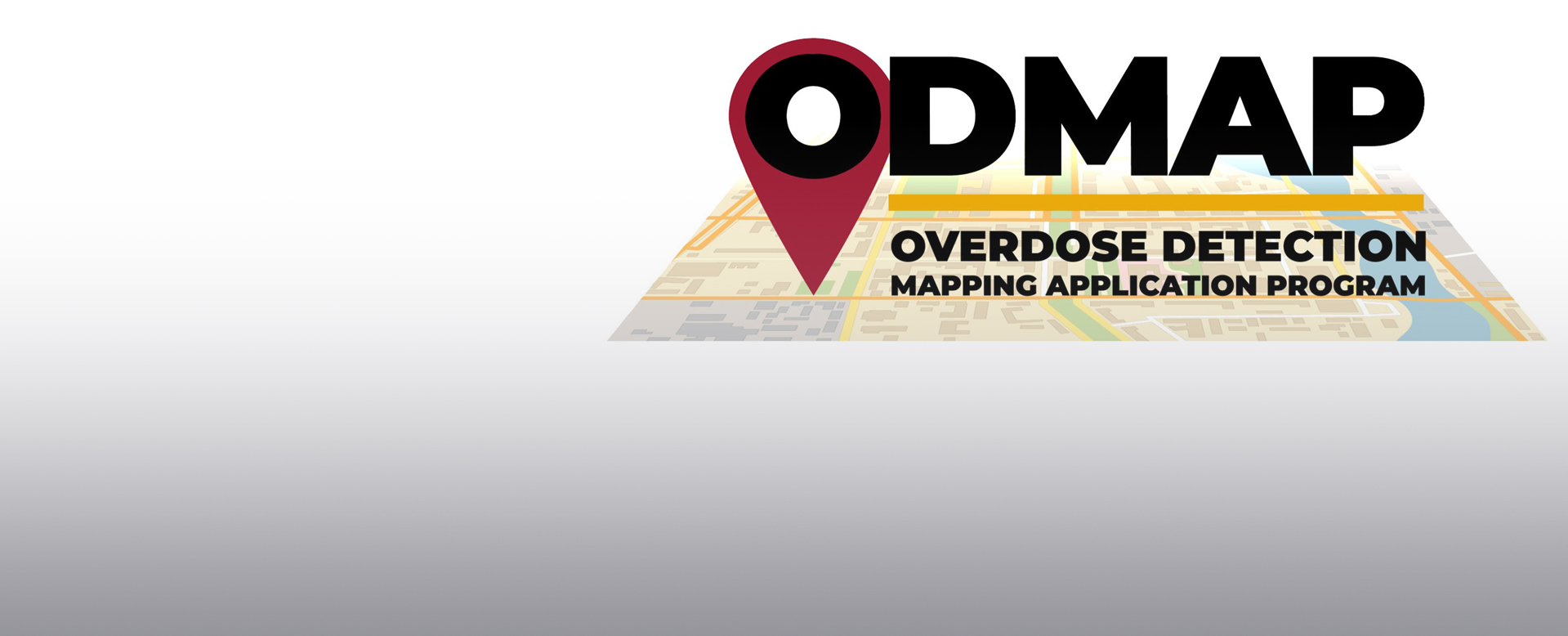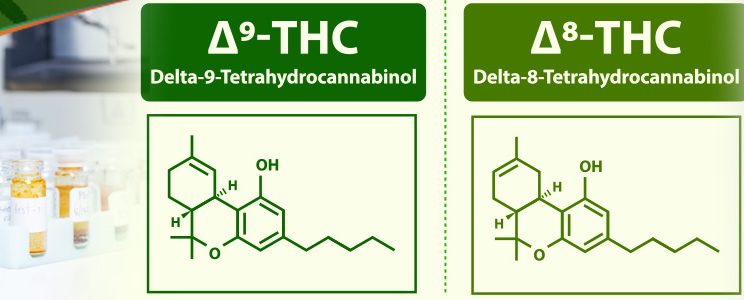Overview
In a joint effort with the Bureau of Justice Assistance’s (BJA) Comprehensive Opioid, Stimulant, and Substance Use Program (COSSUP), FTCOE develops capabilities that meet the needs of forensic science organizations to improve collaborations across the criminal justice and public health sectors.
COSSUP’s purpose is to provide financial and technical assistance to states, units of local government, and Indian tribal governments to develop, implement, or expand comprehensive efforts to identify, respond to, treat, and support those impacted by illicit opioids, stimulants and other drugs.
While the opioid epidemic has dominated headlines, communities throughout the nation have been impacted by diverse drug use patterns including stimulants and other illicit substances. Our nation’s substance use problem is a public health emergency that threatens the wellbeing of individuals who use drugs and impacts the safety of communities. It is impacting first responders, the criminal justice system, child welfare and foster care, and behavioral health systems. Responding to this health emergency is one of the Department of Justice's top priorities.
The cornerstone of COSSUP is its emphasis on partnership and collaboration across the public health, behavioral health, and public safety sectors. Effective community responses leverage the combined expertise of each of these disciplines and rely upon unified and coordinated strategies.
COSSUP is committed to supporting four key areas of programmatic focus:
- Promoting public safety and supporting access to treatment and recovery services in the criminal justice system.
- Strengthening the collection and sharing of data across systems to understand and address the impact of illicit substance use and misuse.
- Align and maximize resources across systems and leverage diverse program funding.
- Prevent illicit substance use and misuse.
COSSUP was formerly known as the Comprehensive Opioid, Stimulant and Substance Abuse Program (COSSAP) and the Comprehensive Opioid Abuse Program (COAP). COSSUP was developed as part of the Comprehensive Addiction and Recovery Act (CARA) legislation.
COSSUP Related Projects
Adverse Events Associated with Novel Psychoactive Substance Use
The FTCOE collaborated with the Center for Forensic Science Research and Education for a subsequent update to a 2017 publication highlighting case reports and reporting of emerging drug threats in forensic toxicology, specifically opioids and stimulants. This project reviewed emerging drug threat concentrations and case reports for 2017-2020, a period when fentanyl analogs were especially problematic in the United States.
Determining the Costs and Benefits of Medical Examiner/Coroner Outsourcing
The FTCOE has partnered with West Virginia University and representative medical examiner and coroner offices to examine the costs and benefits of outsourcing. The project includes a qualitative study in addition to the cost study that will culminate in a submission of a manuscript to a peer-reviewed journal.
Return on Investment from Reducing Turnaround Time for Processing DUI-Drug Cases
This activity involves the study of the costs associated with the evolution of drug use as reflected in the growth of DUI-Drug cases. In particular, West Virginia University will evaluate the return on investment from allocating additional resources towards the problem of DUI-Drug driving and the bottleneck in the justice system from too few resources devoted to emerging drug use in society.
Workforce Calculator
West Virginia University will update the beta workforce calculator developed during previous award years to reflect the feedback from the beta testing and FORESIGHT data submissions from FY2018 and FY2019. Updates will reflect consideration of a broader measure of efficiency that permits a wider range of caseloads, especially controlled substances, and toxicology. The updated calculator will permit a laboratory to identify the additional personnel required to support a given level of casework within each area of identification and the associated investment in capital equipment to support that level of activity.
Coroners/Medicolegal Death Investigators Partnership on Overdose Fatality Reviews
An in-brief titled Medicolegal Death Investigation Partnerships on Overdose Fatality Reviews was written on the importance of engaging coroner and medical examiner partnerships in overdose fatality reviews teams.
A webinar titled Multiple Perspectives on Overdose Fatality Reviews was presented on July 27, 2021.
How Mobile Drug Testing Can Aid in Substance Abuse Response
Mobile services in today’s emerging drug epidemic environment is requiring implementation of a more informed and safe response to monitor or treat substance use disorders, including overdoses. From the location of a first responder call (mobile treatment vans); to staged, more robust, initial drug testing locations prior to traditional laboratory testing (field drug testing units); to mobile urine specimen collection; to courts; jails and prisons; and probation/parole programs, monitoring and treatment of drug use, especially in a COVID environment has necessitated more mobile services in the field. We will investigate the use of mobile serves to monitor and treat substance use disorders especially in rural areas and those where transportation can be problematic. A landscape or in-brief report will review jurisdictions that implemented mobile services, to include type of service provided (drug testing, treatment), lessons learned from implementation, resulting impact to investigation, and the community, and how these mobile services have assisted in a more agile, safe, and holistic substance abuse response.
An Introduction to Drug Checking and its Role in Harm Reduction
This report titled An Introduction to Drug Checking and Its Role in Harm Reduction overviews harm reduction services, with a focus on the value of drug checking, the engagement models and technologies used to check drugs in a field setting, and lessons learned from various harm reduction coordinators and researchers. This brief is intended for professionals who work in or provide ancillary services to public health and public safety, including harm reduction and justice programs.
Just Science Podcast Seasons
Community-based Solutions for Substance Use Challenges
In this season of Just Science, the Forensic Technology Center of Excellence (FTCOE) and the Comprehensive Opioid, Stimulant, and Substance Use Program (COSSUP) collaborate to provide highlights and experiences on evidence-based research and programs that address substance use and overdoses in the United States. Throughout the season, host and Forensic Scientist Dr. Lawrance Mullen speaks with grantees about a diverse range of state and local projects, which incorporate reentry services for those being released from prison, peer support, crisis response, and more. Episodes also discuss innovative research for drug monitoring programs through wastewater drug epidemiology, overdose data, and drug checking and related technology implementations. Listeners will hear about lessons learned, exciting successes, and advice for other agencies who want to implement similar programs.
Illicit Substance Use Response
Despite national efforts to reduce the impact, illicit substance abuse continues to rise in the U.S. The Centers for Disease Control and Prevention report that there were an average of 128 opioid related deaths per day in 2018. These numbers continue to rise. In order to meet the challenge head on, scientists, community leaders, justice professionals, and everyday citizens are working tirelessly to slow the abuse of opioids and reduce the impact that they have on our communities. In this season of Just Science, we’re sitting down with experts in the field to discuss topics like stigma, recovery, policy solutions, public safety systems, identifying drug trends, and much more.
COSSUP Tools & Technology
The National Institute of Justice (NIJ) and its Forensic Technology Center of Excellence hosted the National Opioid and Emerging Drug Threats Policy and Practice Forum on July 18–19, 2019, in Washington, DC. The forum explored ways in which government agencies and programs, law enforcement officials, forensic laboratory personnel, medical examiners and coroners, researchers, and other experts can cooperate to respond to problems associated with drug abuse and misuse. Panelists from these stakeholder groups discussed ways to address concerns such as rapidly expanding crime laboratory caseloads; workforce shortages and resiliency programs; analytical challenges associated with fentanyl analogs and drug mixtures; laboratory quality control; surveillance systems to inform response; and policy related to stakeholder, research, and resource constraints. The NIJ Policy and Practice Forum built off the momentum of previous stakeholder meetings convened by NIJ and other agencies to discuss the consequences of this national epidemic, including the impact it has had on public safety, public health, and the criminal justice response. The forum discussed topics at a policy level and addressed best practices used across the forensic community.
In partnership with the Bureau of Justice Assistance’s (BJA) Comprehensive Opioid, Stimulant, and Substance Use Program (COSSUP), FTCOE and its partners produced a series of short videos on how law enforcement officers, first responders, and other stakeholders can gain knowledge and implement best practices in their role to support effective local, state, and tribal responses to illicit substance use and misuse in order to reduce overdose deaths, promote public safety, and support access to treatment and recovery services in the criminal justice system.
Building on the momentum of the 2019 National Opioid and Emerging Drug Threats Policy and Practice Forum held in Washington, D.C., the Forensic Technology Center of Excellence (FTCOE) will assist the National Institute of Justice (NIJ) in a complementary initiative surrounding the topic by hosting a webinar series titled Opioids & Emerging Drug Threats – Integrating Public Safety and Health Data for a Forensic Response. This webinar series will allow for a more in-depth discussion of some topics presented during the forum. Additionally, new topics will be covered, such as: the impact of drug background levels on forensic labs, improving capability and capacity to measure human exposure to synthetic opioids, the role of ODMAP and other programs to mobilize response, and much more.
Webinars - Scroll to see all 6 webinars.
Additional Webinars
Building Resilient Medicolegal Death Investigation Professionals
Tuesday, October 29, 2024 | 1:00 PM - 2:00 PM Eastern
Presenters: Kelly Keyes & Katharine C. Pope
Click here to learn more.
Drug Fatalities in Tribal Lands - Special Considerations to Investigations
Live webinar originally occurred on May 10th, 2022
Presenter: Rick Moldenhauer, M.S.
Click here to learn more.
Lessons Learned from Project ECHO: Overdose Fatality Investigation Techniques
Live webinar originally occurred on October 7th, 2021
Presenters: Richa Ranade, MPH
Click here to learn more.
Multiple Perspectives on Overdose Fatality Reviews
Live webinar originally occurred on July 27th, 2021
Presenters: Mallory O'Brien, Kimberly Reilly, Kimbra Reynolds, Kacy Robinson, & Megan Broekemeier
Click here to learn more.
Novel Psychoactive Substance Naming Conventions and Challenges
Live webinar originally occurred on July 22nd, 2021
Presenters: Donna M. Iula & Alex Krotulski
Click here to learn more.
Novel Synthetic Opioids in Oral Fluid: Analytical Methods and Prevalence
Live webinar originally occurred on February 11th, 2021
Presenter: Dr. Madeleine Swortwood
Click here to learn more.
Preemptive Approach to Combatting and Characterizing the Emerging Synthetic Opioids
Live webinar originally occurred on February 8th, 2021
Presenter: John Krstenansky, PhD, MBA, FRSC
Click here to learn more.
Additional Resources
- Bureau of Justice Assistance's Comprehensive Opioid, Stimulant, and Substance Use Program
- Bureau of Justice Assistance's Comprehensive Opioid, Stimulant, and Substance Abuse Program Resource Center
- Bureau of Justice Overdose Fatality Review - A Practitioner's Guide to Implementation
- Bureau of Justice Overdose Fatality Review Data System User Guide
- Illinois Criminal Justice Information Authority Overdose Fatality Review Teams Literature Review
Funding for the above projects has been provided by the Bureau of Justice Assistance’s Comprehensive Opioid, Stimulant, and Substance Abuse Program and the National Institute of Justice, Office of Justice Programs, U.S. Department of Justice.
The opinions, findings, and conclusions or recommendations expressed in the resources above are those of the author(s) and do not necessarily reflect those of the Bureau of Justice Assistance or U.S. Department of Justice.
Contact us at ForensicCOE@rti.org with any questions and subscribe to our newsletter for notifications.


